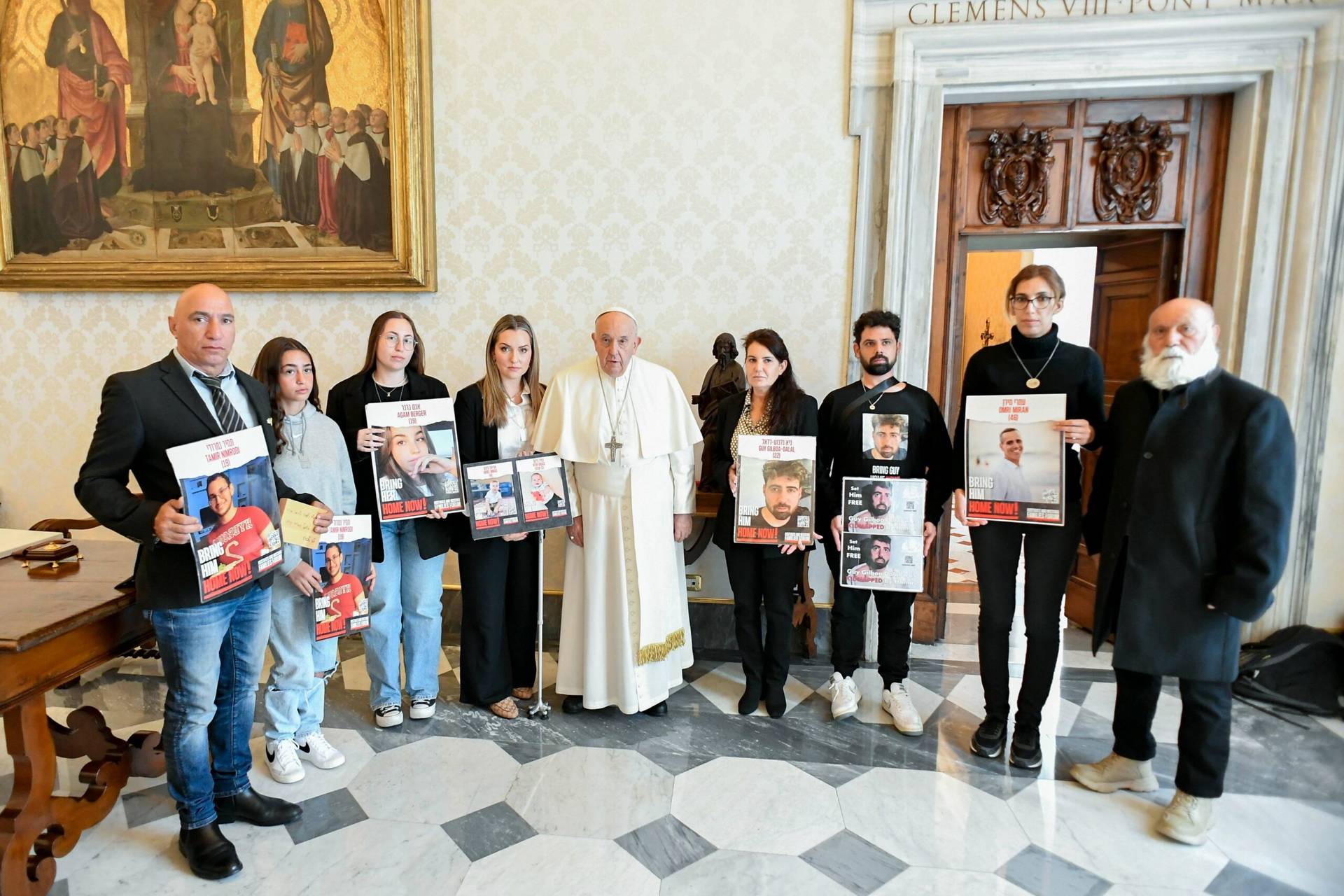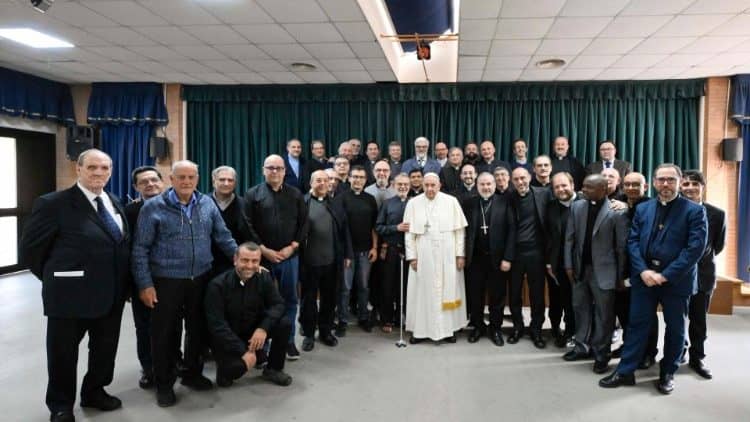In a rare move, Pope Francis on Sunday issued what amounts to a public correction of one of his own senior aides, telling Cardinal Robert Sarah of Guinea that the pope’s recent document Magnum Principium clearly does mean a significant shift of power over translations of liturgical texts away from the Vatican and toward local bishops’ conferences.
Sarah heads the Vatican’s Congregation for Divine Worship and the Discipline of the Sacraments, making him in effect the pope’s top liturgical official.
“It’s important to clarify that a judgment about fidelity to the Latin original [of liturgical translations] and necessary changes was the competence of the congregation, while now the norm concedes to the bishops’ conferences the faculty to judge the goodness and the coherence of various terms in the translations from the original, although in dialogue with the Holy See,” Francis wrote to Sarah.
“The process of translating the relevant liturgical texts … should not lead to a spirit of ‘imposition’ on the bishops’ conferences of a translation carried out by the congregation, because that would offend the rights of bishops sanctioned in Church law.”
Noting that a commentary by Sarah on Magnum Principium had been published on several Catholic news sites, Francis directed the Guinean cardinal to send his letter to the same sites and also to relay it to all bishops’ conferences and the members of consulters of his own Vatican department.
Francis issued Magnum Principium in early September, and it was immediately seen as a significant reversal of tendencies under St. Pope John Paul II and Benedict XVI to concentrate control over liturgical translation in Rome, and, in particular, in the Vatican congregation now led by Sarah.
RELATED: Pope pushes decentralization of translation of liturgical texts
In the years immediately after the Second Vatican Council (1962-65), the first wave of translations of the Mass and other rites of the Church was largely a decentralized affair, carried out and approved by local bishops’ conferences or consortiums of conferences in the same language.
When a second wave of translations got underway in the early 1990s, however, concern about the fidelity of those translations to the Latin originals, as well as for the unity of Catholic worship around the world, led both John Paul and Benedict to assign a steadily greater share of responsibility to the Vatican.
Critics saw that as a betrayal of the vision of Vatican II for a less centralized Church, and welcomed Francis’s new document as a return to that vision.
Sarah, however, who’s widely seen as a liturgical conservative, prepared a commentary in October claiming that Magnum Principium’s impact would be limited, warning that even under its terms Vatican approval “is by no means a formality, that is to say, a sort of approval which would be granted after a rapid review of the work.”
RELATED: Cardinal Sarah says Vatican may still “impose” translations in the liturgy
Sarah also said that although the Vatican is not involved in the initial translation process, and the old method of the congregation sending back a series of amendments has been abolished, translations of particular words or phrases might still be “imposed” by the Vatican as a condition for approval.
Francis’s letter to Sarah, dated Oct. 15, is intended as a response to that commentary, with the pope saying he wants to “avoid any misunderstanding” about the implications of his decision.
In particular, Francis appeared to want to be sure Sarah is clear on two other points.
First, the pontiff insisted, the intensity of review the Vatican congregation can now carry out on proposed translations by bishops’ conferences has indeed changed.
Before, the conferences were required to get a recognitio from Rome, which implied a detailed line-by-line analysis and the possibility of requiring multiple changes before approval would be bestowed. Now the requirement is only for a confirmatio, which, as Francis wrote to Sarah, “does not envision a detailed word-by-word examination.”
In his commentary, Sarah had argued that even a confirmatio still envisions a hands-on role for the Vatican, and, in reality, it’s almost “synonymous” with a recognitio. Francis, however, says there’s a “strict difference” between the two.
“One can’t say that recognitio and confirmatio are ‘strictly synonymous’ or ‘interchangeable,’ or that they’re ‘interchangeable at the level of responsibility of the Holy See,’” the pope wrote.
Second, Francis also wanted Sarah to be clear that Liturgiam Authenticam, a 2001 document under John Paul II seen by many observers as the high-water mark of the centralizing push, is no longer fully in force because certain articles were clearly abrogated by Magnum Principium.
“Magnum Principium does not sustain anymore that translations must conform in all points to the norms of Liturgicam Authenticam,” Francis wrote.
Liturgicam Authenticam had established fidelity to the Latin originals of texts as the chief concern in the evaluation process. Francis, however, says there are three key forms of fidelity:
- To the Latin original.
- To the specific language into which a text is being translated.
- To the understanding of the text by the target audience of the translation.
Sarah, now 72, was appointed by Francis to head the liturgical congregation in 2014. Francis opens and closes his letter by thanking Sarah for his “commitment and contribution.”















